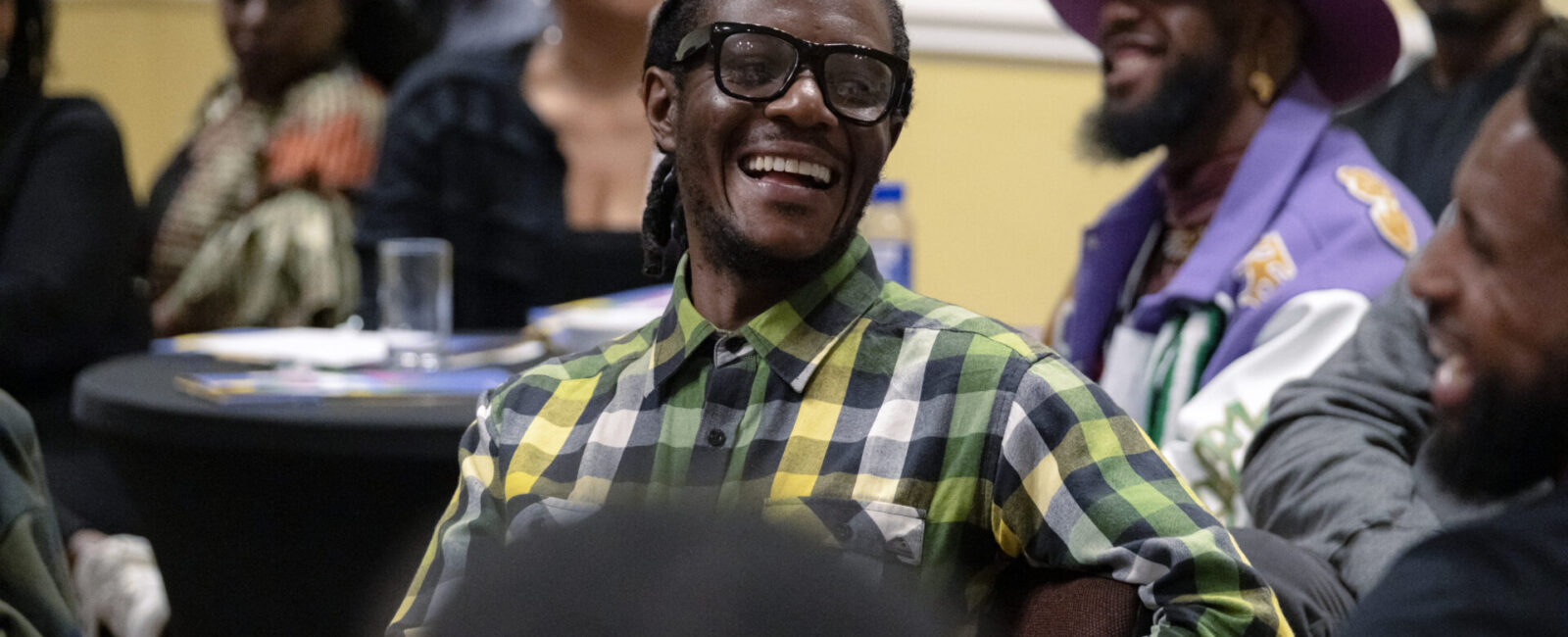Naming racism as a safeguarding issue is critical to protecting the lives of young Black people, a new report from a conference of Black safeguarding professionals recommends.
Protecting Young Black Lives, Celebrating Black Professionals, makes a number of calls for action, including urging the Department for Education to coordinate a cross-Government strategy to address the impact of racism on the welfare of Black young people.
The report was published today by London youth charity Power the Fight and the Contextual Safeguarding Programme at Durham University, and is based on discussions at a conference for 50 Black professionals working in violence reduction across different sectors, which was held here at Cumberland Lodge.
Themes addressed at the conference
The report focuses on two key themes addressed at the conference:
1. Protecting young Black lives: Discussions centred on systemic issues compromising the safety of Black youth, including racism, COVID-19’s impact on mental health, exclusion from mainstream education, and the normalisation of interpersonal violence.
2. Celebrating Black professionals: The event celebrated the contributions of Black professionals in violence reduction, highlighting their diverse backgrounds and roles, as many attendees expressed feeling isolated in predominantly white professional spaces.
Insights and recommendations
The report contains six key insights and associated recommendations for policymakers, funders, white leaders and employers, and event participants and their Black colleagues, aiming to address systemic challenges. They are:
- Naming racism as a safeguarding issue: including calls for a strategic Government approach.
- Valuing Black professionals’ contributions: including recommendations for funders and employers to recognise and promote these contributions.
- Creating safe and inclusive services: both for Black young people to access, and Black professionals to work within.
- Trauma-informed service delivery: ensuring that potential harms to young people are duly considered, and that professionals have reflective spaces to decompress.
- Addressing resource disparities: including recommendations for funders, employers, and professionals to ensure services meet young people’s needs.
- Encouraging collective action: with calls for continued engagement, follow-up activities, and diverse stakeholder involvement in policy development.
Convened in October, the conference provided a unique environment for participants to share insights, experiences, and strategies in safeguarding Black young lives.
Professor Carlene Firmin MBE, founder of Contextual Safeguarding, said:
“This report illustrates what happens when Black people are given the space and safety to speak for themselves and each other, rather than being spoken about in rooms from which they are excluded. It moves us beyond the symptoms of harm, and focuses on the root causes of the issues that most compromise the welfare of Black young people and those who support them. It’s been an honour to create the conditions in which such a report has been possible. It’s now time to turn what’s on paper into action.”
Ben Lindsay OBE, CEO of Power the Fight, said:
“For too long there has been a lack of understanding of the impact and issues that currently compromise the safety of Black young people, and the contributions made by Black professionals who are committed to keeping them safe. This vitally important report aims to shine a light and explore what’s necessary in changing decades of racism, neglect, misunderstandings, discrimination, and prejudice, that puts Black lives at risk.”
About
About Power The Fight
Launched in 2019, Power the Fight is a multi-award award-winning charity which tackles violence affecting young people. We create long-term solutions for sustainable change and act as a link between the community and policymakers. Most of our work is with young people, families, schools, local authorities, faith groups and community organisations who want to be equipped to engage with issues related to violence affecting young people in their context. We do this by supporting young people and families, training and resourcing communities and advocating for system change.
About the Contextual Safeguarding Programme
Our vision is a future where young people feel safe beyond their homes because their communities and child protection systems can, and will, protect them from harm. We achieve this by learning about young people’s experiences of harm and safety outside of the home. Working with professionals and communities, we use this learning to increase protection in young people’s peer groups, schools and neighbourhoods.

